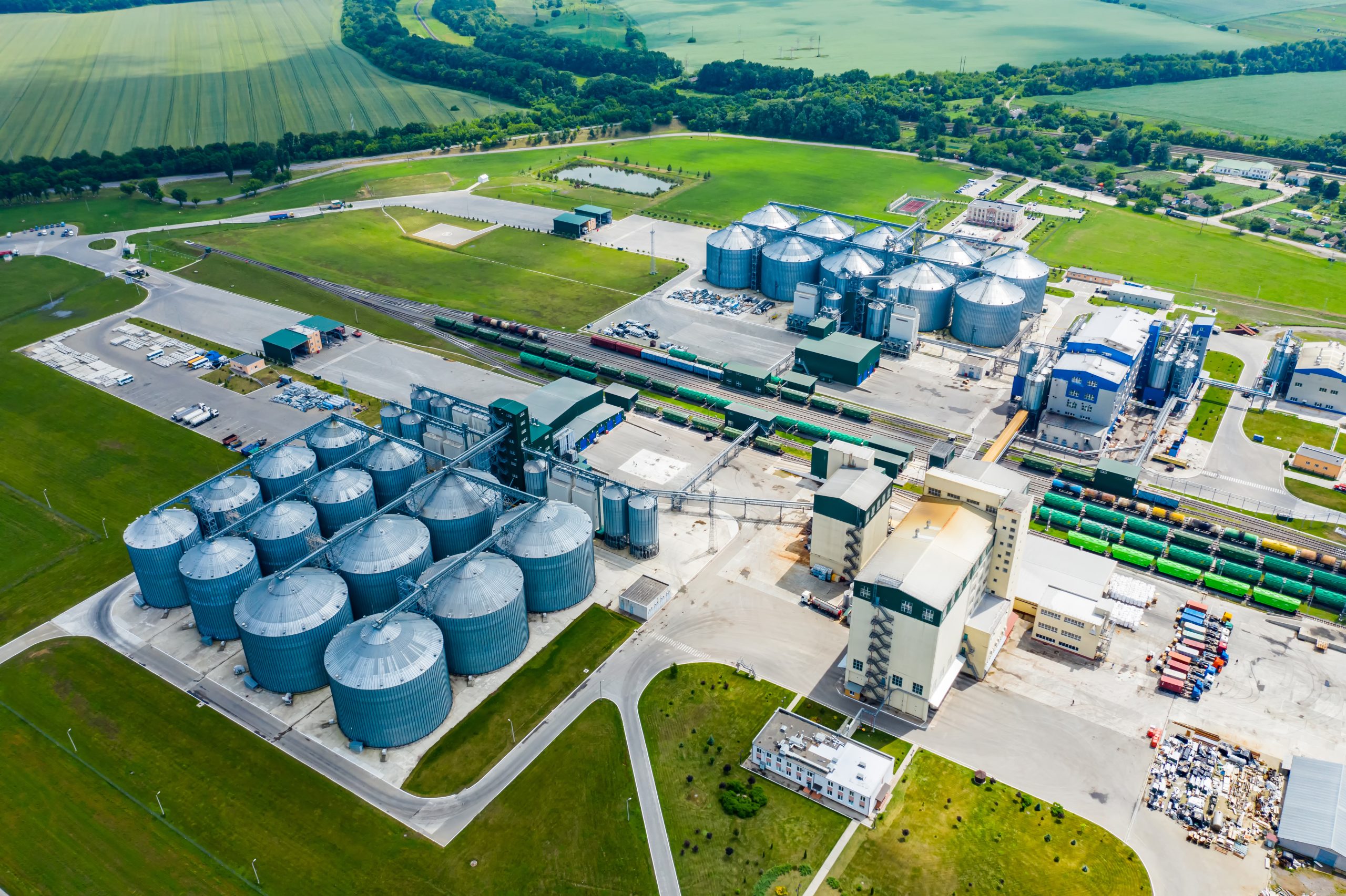
The construction industry is one of the largest and most important sectors of the global economy, accounting for over 10% of GDP in most countries. However, the industry has traditionally been associated with high levels of carbon emissions and resource consumption. As such, there has been a growing trend in recent years towards more sustainable and environmentally friendly construction practices, with many companies and organizations making green promises and commitments to reduce their carbon footprint
One of the key areas in which the construction industry can make significant strides towards sustainability is in the use of biofuels. Biofuels are a type of fuel derived from renewable biomass sources, such as crops, waste materials, and forestry residues. They are increasingly being seen as a viable alternative to traditional fossil fuels, offering a range of benefits in terms of environmental sustainability, energy security, and economic development.
In this blog post, we will explore the potential of biofuels to test the construction industry's green promises, and examine the ways in which they can be used to promote more sustainable and eco-friendly practices within the sector.
The Benefits of Biofuels for the Construction Industry
The Benefits of Biofuels for the Construction Industry
Reduced Carbon Emissions: Biofuels are generally considered to be a cleaner and more sustainable source of energy than traditional fossil fuels. They emit lower levels of greenhouse gases (GHGs) such as carbon dioxide, and have a lower overall carbon footprint. By using biofuels in construction equipment and vehicles, construction companies can significantly reduce their carbon emissions and contribute to the fight against climate change.
Increased Energy Security: Biofuels are derived from renewable biomass sources, which means that they are not subject to the same supply constraints as traditional fossil fuels. This can help to increase energy security for the construction industry, reducing reliance on imported oil and other fossil fuels
Economic Benefits: Biofuels can provide economic benefits for both the construction industry and the wider economy. They can help to create new jobs in the renewable energy sector, and can also provide opportunities for farmers and rural communities to generate additional income through the production of biomass feedstocks
Improved Public Perception: The use of biofuels in the construction industry can help to improve the public perception of the sector, demonstrating a commitment to sustainability and environmentally friendly practices
Challenges and Opportunities for Biofuels in the Construction Industry
While there are clear benefits to using biofuels in the construction industry, there are also several challenges and opportunities that need to be addressed in order to fully realize their potential. These include:
Infrastructure and Logistics: One of the key challenges facing the use of biofuels in the construction industry is the need for appropriate infrastructure and logistics systems. This includes the development of storage and distribution facilities, as well as the modification of existing vehicles and equipment to run on biofuels
Feedstock Availability: The availability of suitable feedstocks is another challenge facing the biofuels industry. While there are a wide range of potential biomass sources, the production of biofuels requires significant quantities of feedstock, which may be subject to competition from other sectors such as food production.
Cost Competitiveness: The cost competitiveness of biofuels is also a key consideration for the construction industry. While the price of biofuels has been declining in recent years, they may still be more expensive than traditional fossil fuels in some regions, which could limit their adoption by construction companies
Regulatory Environment: The regulatory environment is also an important factor to consider when it comes to the use of biofuels in the construction industry. Governments and regulatory bodies have an important role to play in supporting the development and deployment of biofuels, through measures such as tax incentives and regulatory frameworks.
Despite these challenges, there are also significant opportunities for biofuels in the construction industry. For example, the increasing focus on sustainability and green practices within the sector means that there is growing demand for renewable energy sources, including biofuels. In addition, technological advancements and innovation in the biofuels industry are helping to address some of the challenges around feedstock availability and cost competitiveness.
One example of a biofuel that has shown promise in the construction industry is biodiesel. Biodiesel is a renewable diesel fuel made from vegetable oils, animal fats, or recycled cooking grease. It can be used in diesel engines without modification and offers similar performance to petroleum diesel. Biodiesel has a lower carbon footprint than traditional diesel fuel and emits fewer pollutants, making it a more environmentally friendly option for the construction industry.
Another potential biofuel for the construction industry is biogas. Biogas is a renewable energy source produced through the anaerobic digestion of organic matter, such as food waste or agricultural residues. It can be used to generate heat and electricity, or as a fuel for vehicles. Biogas offers similar benefits to other biofuels, including reduced carbon emissions and improved energy security.
In addition to the use of biofuels in construction equipment and vehicles, there are also opportunities for their use in building materials and construction processes. For example, bio-based materials such as bioplastics and biocomposites are being developed as alternatives to traditional plastic and composite materials. These materials offer a range of benefits, including reduced carbon emissions, improved biodegradability, and reduced dependence on fossil fuels.
Similarly, the use of bio-based chemicals and additives in construction processes, such as concrete production, can help to reduce the environmental impact of these activities. For example, bio-based additives can improve the strength and durability of concrete, while also reducing its carbon footprint.
The construction industry has an important role to play in the transition to a more sustainable and environmentally friendly global economy. Biofuels offer a promising pathway towards this goal, offering a range of benefits in terms of reduced carbon emissions, improved energy security, and economic development
While there are challenges and opportunities to be addressed, the increasing focus on sustainability within the construction industry, coupled with advancements in technology and innovation, suggest that biofuels will play an increasingly important role in the sector in the years to come.
It is therefore important for construction companies and organizations to consider the potential of biofuels in their green promises and sustainability commitments, and to explore opportunities for their use in equipment, vehicles, building materials, and construction processes. By doing so, the construction industry can demonstrate its commitment to a more sustainable and eco-friendly future, and help to drive the transition towards a more sustainable global economy.
Keywords:
- Biofuels
- Construction
- Sustainability
- Environmental Friendly
YOU MIGHT ALSO BE INTERESTED IN...

Seven Reasons on why to pursue a career in the construction industry in 2023
17/02/2023

The Future of Luxury Cruises. An Opportunity for change
23/02/2023

How the Construction Industry is changing Europe in 2023
28/02/2023

A brief history on translucent concrete and its future
08/02/2023

How and Why will Biofuel test the construction industry’s green promises?
02/02/2023

Why are Integrated resorts replacing resorts and hotels?
14/02/2023